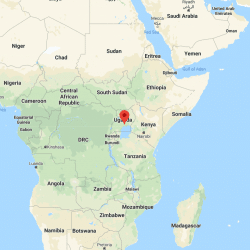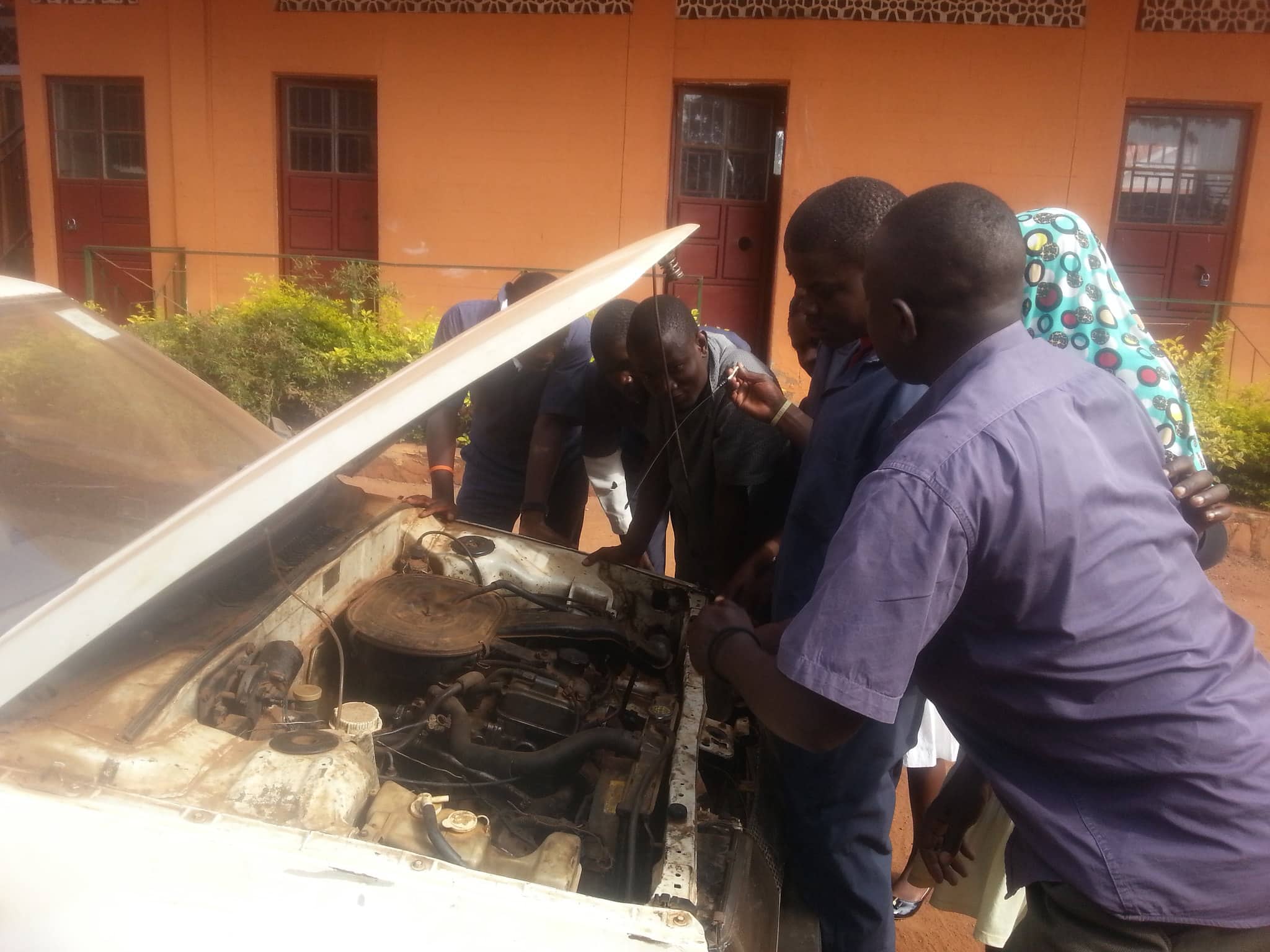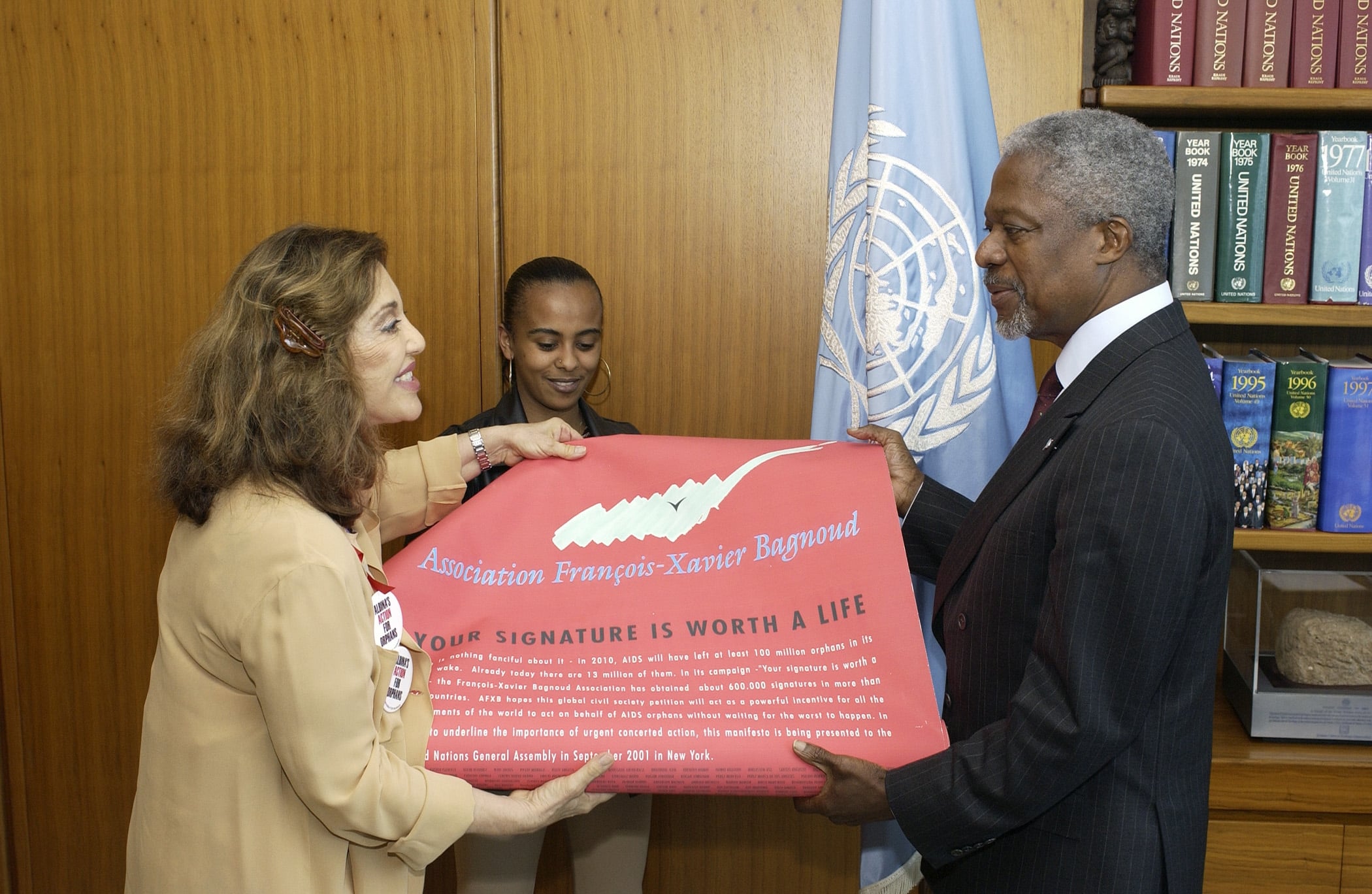Context
Uganda has a population of 46 million people, more than a third of whom live below the poverty line. It ranks 166 out of 191 on the United Nations Development Program’s Human Development Index. Children are the first victims of the abject poverty, as their families are unable to ensure their health and well-being, especially in remote areas of the country.
The impurity of the water that households use leads to acute diarrheal diseases, which are often fatal. Every year, 1.5 million children die from diarrhea worldwide.
FXB in action
Whether through economic and community development FXBVillage or access to drinking water projects, every year since more than 30 years, FXB has provided essential assistance to thousands of families in Uganda.


